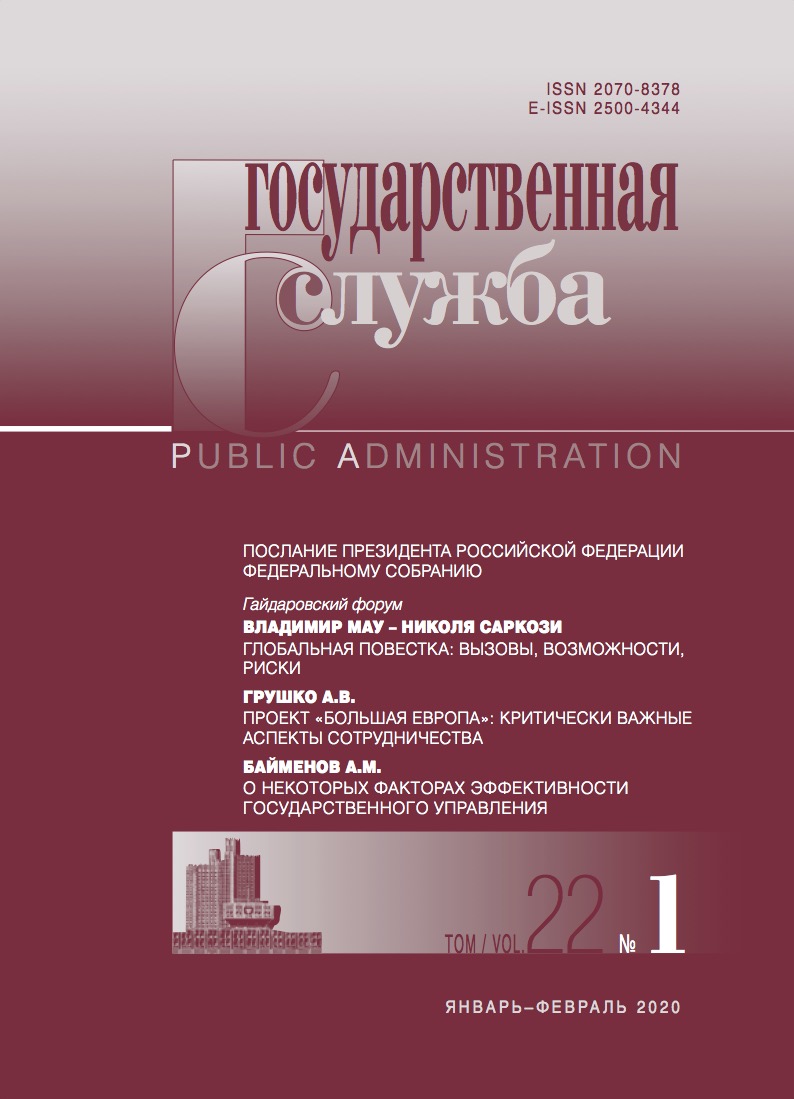Recommended link to article:
OLEG V. ZAITSEVа
аRussian Presidential Academy of National Economy and Public Administration
DENIS V. NOVAKb
bPrivate Law Research Centre named after S.S. Alekseev under the President of the Russian Federation
DOI: 10.22394/2070-8378-2020-22-1-85-91
Abstract:
The article is a continuation of the expert discussion ‘Legal education and the labor market. Transformation or stagnation in the digital economy’, uniting the leaders of leading Russian and foreign law schools, the scientific, pedagogical community at the Gaidar Forum 2020. The authors consider a wide range of issues related to the characterization of the current state of legal education, its integration into the Bologna system, noting the importance of the application of traditional methods and means of teaching law, taking into account modern realities. Particular attention is paid to the traditions of teaching law laid down by Roman lawyers, the history of the formation and development of domestic jurisprudence, as well as modern discussions on a given topic, in which representatives of the scientific community and practical lawyers take part. The authors draw attention to issues related to the new content of curricula and new ways of regulating legal education. The topic of state accreditation of educational programs in the field of jurisprudence and the role of the Association of Russian Lawyers in this process also seems important. The analysis of the main features of modern law is carried out, necessitating the comprehensive improvement of modern legal education. As a possible measure of the quality of legal education, the introduction of a single exam for entering the profession is proposed.
Keywords:
legal education, lectures, oratory, legal clinics, the formation of skills and competencies, impact on the individual, creative search, teachers, students, Roman law, domestic civil law
Received:
January 23, 2020
References:
Arslanov K.M., Demieva A.G. The value of D. I. Meyer for modern legal education. In: LEX RUSSICA (RUSSKIJ ZAKON). 2019. № 8. P. 17–26. In Russian
Bogdanov D.E. Spravedlivost’ kak osnovnoe nachalo grazhdansko-pravovoi otvetstvennosti v rossiiskom i zarubezhnom prave [Justice as the main principle of civil liability in Russian and foreign law]. Dr. Sci. (Law) Dissertation. M., 2014. 539 p. In Russian
Marchenko M.N. Russia needs a concept for the development of legal education. In: Zakon. 2009. № 3. P. 59–64. In Russian
Mikhailov A.M. Genezis kontinental’noi yuridicheskoi dogmatiki [The genesis of continental legal dogma]: a monograph. M.: Yurlitinform, 2012. 491 p. In Russian
Morhat P.M. Pravosubyektnost’ iskusstvennogo intellekta v sfere prava intellektual’noi sobstvennosti: grazhdansko-pravovye problemy [The legal personality of artificial intelligence in the field of intellectual property law: civil law problems]. Dr. Sci. (Law) Dissertation abstract. M., 2018. 45 p. In Russian
Pekarsky P.P. Studencheskie vospominaniya o D.I. Meyere [Student memories of D.I. Meyer]. In: Meyer D.I. Russkoe grazhdanskoe pravo [Russian civil law] (in 2 parts). M.: Statut, 2003. 830 p. In Russian
Pokrovsky I.A. Istoriya rimskogo prava [The history of Roman law]. M.: Statut, 2004. 538 p. In Russian
Ponkin I. V. The concept of ‘analytics’. In: International Journal of Open Information Technologies. 2019. Vol. 7. № 10. P. 80–90. In Russian
Stanyukovich K.M. Izbrannye proizvedeniya [Selected works]: In 2 vol. Vol. 2. M.: Izd-vo «Khudozhestvennaya literatura», 1988. 496 p. In Russian
Tirskikh M.G., Abbasov M.T. Approximation of law and the interaction of legal systems. In: Sibirskiy yuridicheskiy vestnik. 2016. № 4. P. 109–114. In Russian
Zaitsev V.V., Rybakov V.A. O mirovozzrencheskom aspekte metodologii grazhdanskogo prava [On the worldview aspect of the civil law methodology]. In: Metodologicheskie problemy tsivilisticheskikh issledovanii [Methodological problems of civil studies]. Collection of scientific articles. M.: Statut, 2017. P. 22–32. In Russian
Articles in Open Access mode are published under the Creative Commons Attribution 4.0 International (CC BY) license.

